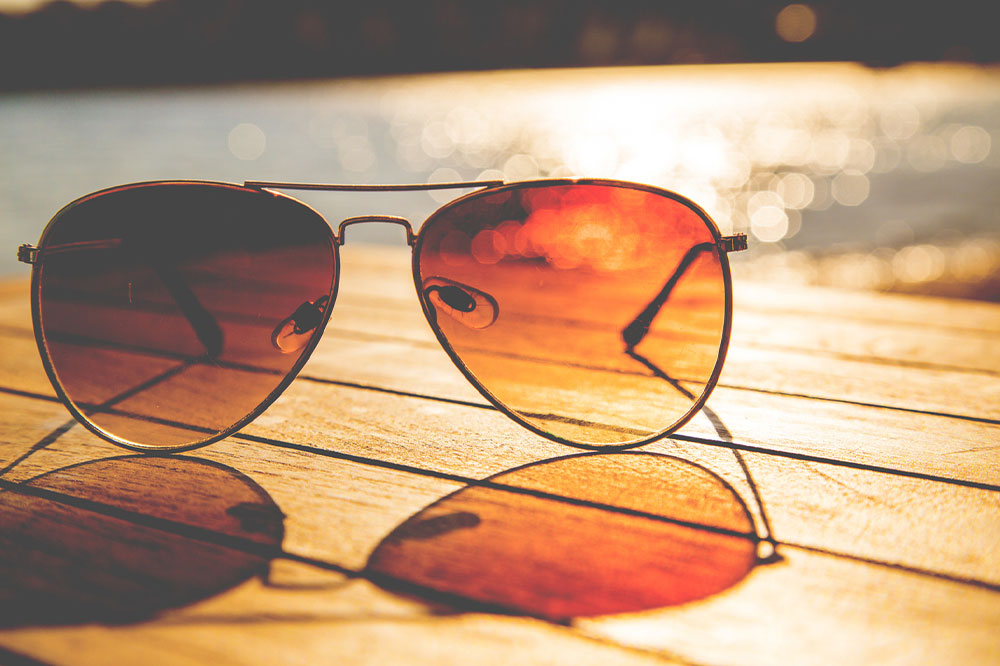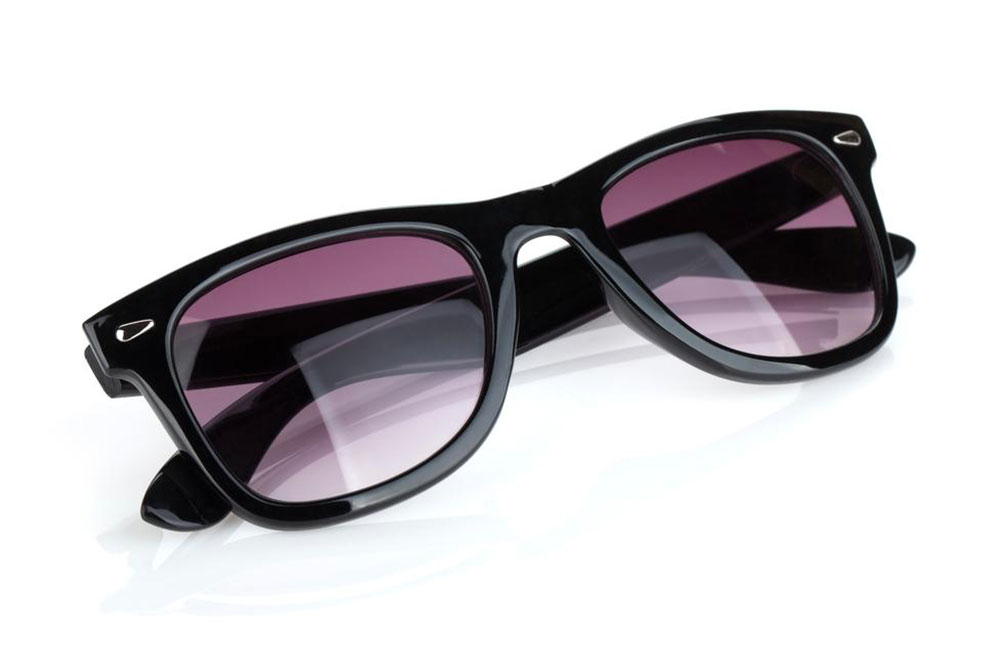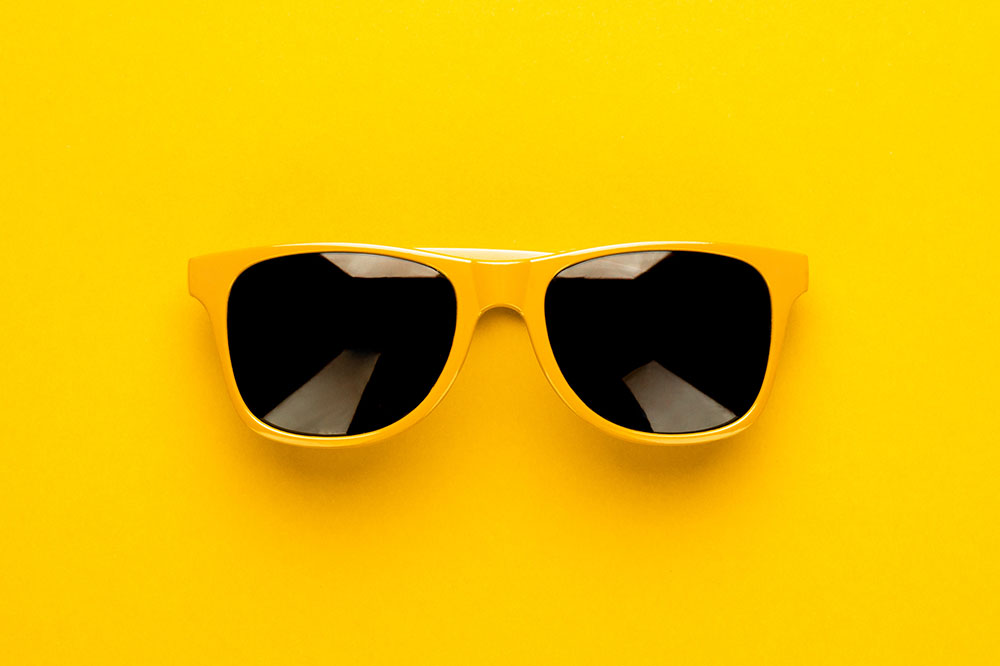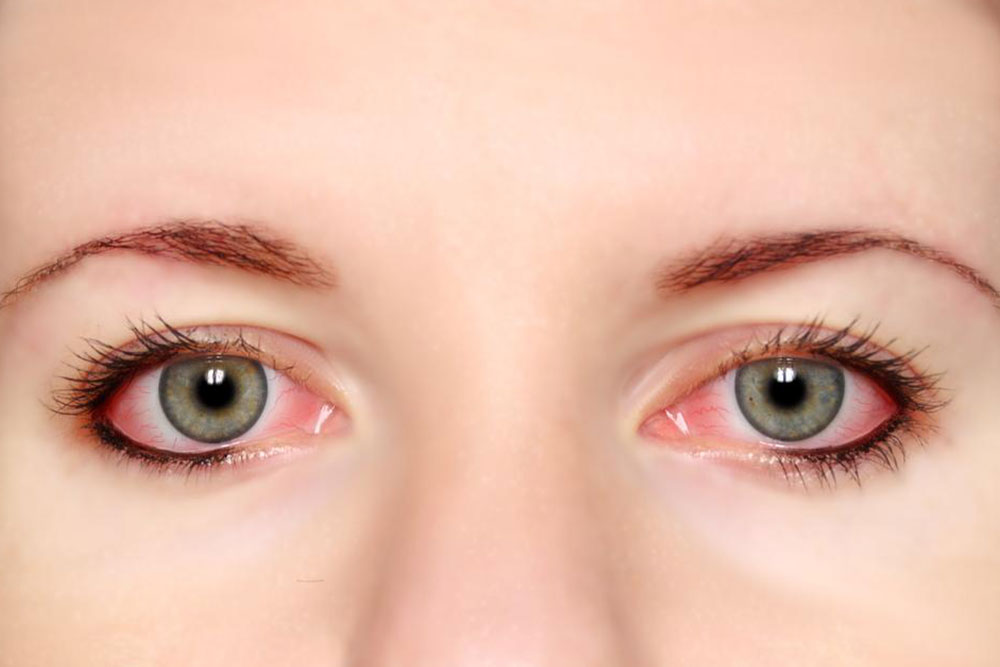Debunking 4 Common Myths About Sunglasses and Eye Safety
This article clarifies common myths about sunglasses, emphasizing the importance of UV protection, lens size, and year-round use for optimal eye health. It helps readers make informed choices regarding their eye safety and dispels misconceptions that could compromise vision.

Debunking 4 Common Myths About Sunglasses and Eye Safety
For years, sunglasses have been viewed primarily as a fashion statement or accessory. However, their main role is to protect your eyes from harmful UV radiation. Just like sunscreen safeguards your skin, sunglasses are vital for maintaining eye health. Before purchasing your next pair, it's important to understand and dispel some widespread misconceptions about sunglasses.
Costly Does Not Always Mean Better
Many assume higher-priced sunglasses offer superior protection, but the price tag isn't the determining factor. The key is to look for glasses that provide reliable UV shielding. Always check the label to confirm UV protection, as effective sunglasses can be affordable and do not necessarily require a hefty price.
Dark Shades Equal Better UV Protection
The darkness of sunglasses does not equate to better UV protection. Instead, focus on the label indicating UV safety. Sunglasses made with special coatings or specific plastics block UV rays effectively, regardless of tint darkness.
Protection is Necessary Year-Round
UV rays are just as strong on cloudy days or during winter and can reflect off surfaces like snow, increasing eye exposure. Therefore, wearing UV-protective sunglasses should be a daily habit, not just for sunny weather.
Larger Lenses Offer Better Coverage
Many believe small lenses suffice, but larger sunglasses provide superior protection. Bigger lenses cover more surface area, preventing UV rays from reaching the eyes even as pupils expand in brightness, reducing the risk of damage.










